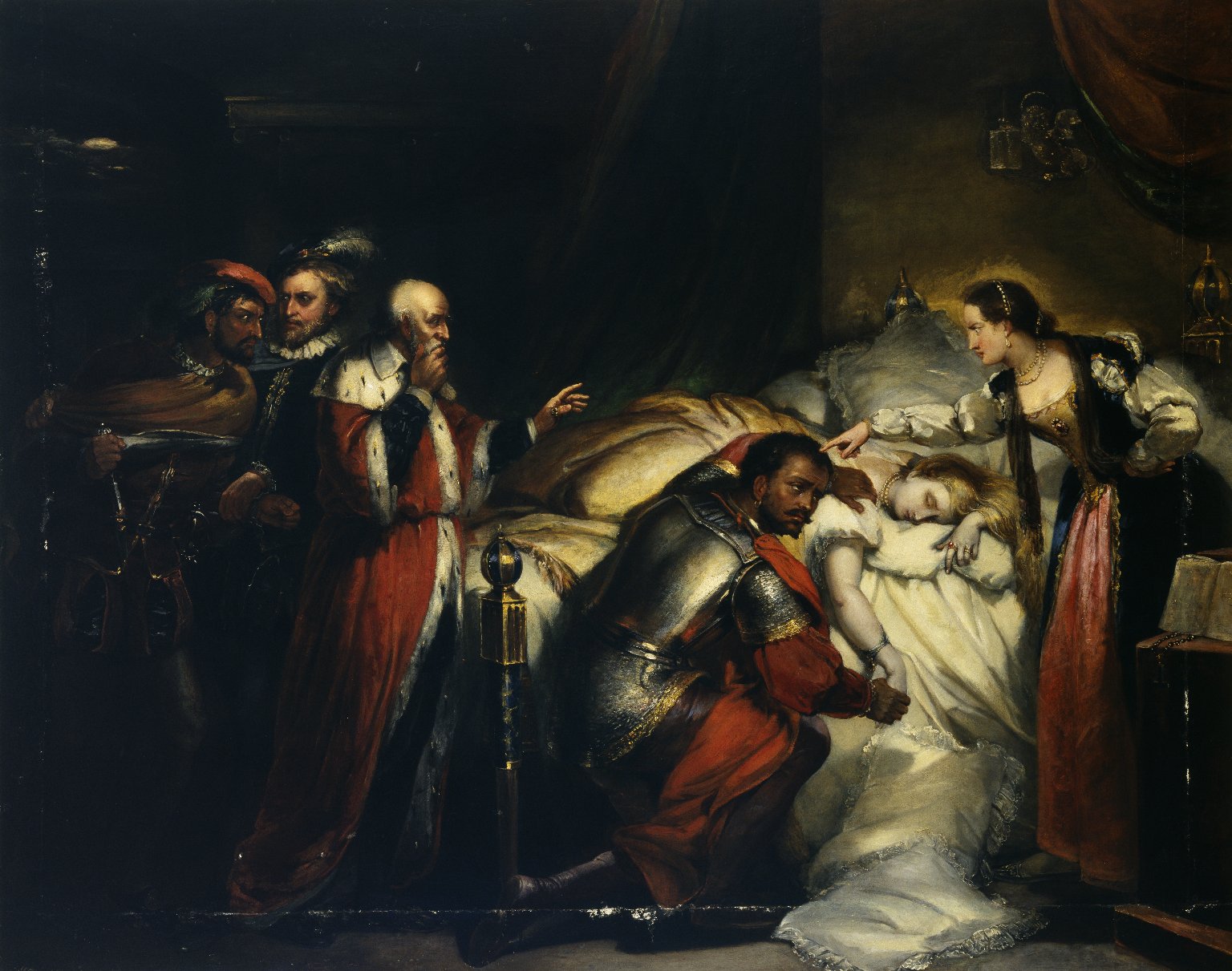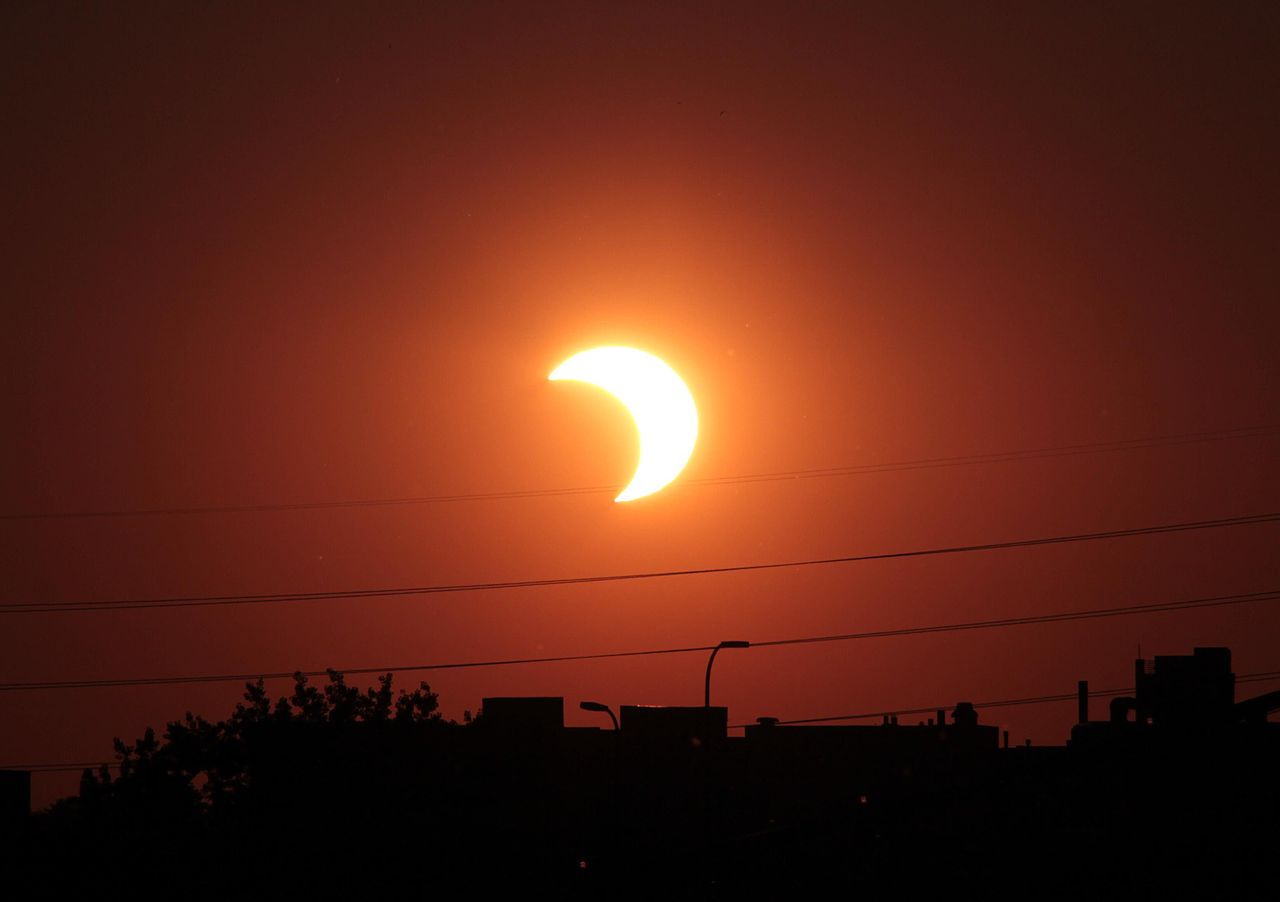I'm beginning to think it would be extremely remiss of me to not name drop at the beginning of a blog post. Recently I've given Izzy not nearly so much linkage as she deserves but more than anyone else on my blog, and thattoryboy has gotten a mention alongside leftwingtendencies, so it only seems fair that I should cite Oliver as the inspiration for this blog post. Oliver doesn't have a blog though (as far as I'm aware anyway, I mean, I didn't ask or anything) so I'll just link to the two League of Legends YouTube videos he's posted to his channel: It's Mostly Skill and Insanely Average Vel'Koz. Oliver used to upload videos of himself playing guitar to YouTube, but I suppose he decided that being cool just wasn't for him.
This is an incredibly indirect way of introducing the topic of collateral adjectives. Oliver told me about them in a Skype conversation, and now I've been slightly fascinated by them.
So what is a collateral adjective? To put it as simply as I think I can, it's a word that describes a noun (as all adjectives do) but does not share the same root as it. Examples make this much easier to understand. Something relating to the moon is 'lunar' and something relating to the sun is 'solar'. Note how the nouns and the adjectives don't have the same root?
Many adjectives are not like this, and are formed just by editing the noun, usually attaching a suffix like -ly such as in 'badly' or 'quickly'. Because of this they are called 'derived' adjectives. These are much easier to understand, as long as you know what the noun means you'll know what the adjective is referring to, and everything is fine.
But they're just not as cool as collateral adjectives. There's something special about the English language's wild appropriation of other languages that makes it what it is. 'Moon' itself comes from the Anglo-Saxon 'mōna' and 'lunar' comes from the Latin 'luna'. They both mean the same thing, but for some reason we decided to use the Latin as an adjective despite it so rightly being a noun (Luna is the ancient Roman Goddess of the moon alongside Juno and Diana).
The reason for why they're in our language probably isn't important. We all know that English is the kleptomaniac of languages, generously 'adopting' (read, 'stealing') anything that looks useful, much like it's speakers did with two thirds of the world. However, they're here and they're probably here to stay, and they have some quite interesting features.
Firstly, there are many adjectives that have both denominal (another word for derived adjectives) and collateral forms. Inexplicably 'father' is a popular example of such a word, with both 'fatherly' and 'paternal' relating to a Dad, perhaps the patriarchy at work once again. 'Womanly' is also mirrored by 'feminine' while 'motherly' would be 'maternal', I mention these for both the cause of gender equality and because they're useful examples. To stick to the family theme, 'child' has several examples of both derived and collateral adjectives: 'Childlike' and 'childish' both prove that derived adjectives do not need the suffix -ly, while 'infantile', 'puerile', and 'juvenile' show that, at least in the world of collateral adjectives, it really is all about the younger generation.
Secondly, they're very useful in writing. The English Language is a mass of synonyms, each having somewhat different connotations that we can leverage in both fiction and non-fiction. As DailyWritingTips.com notes, "Collateral adjectives are often the preferred choice only in formal, ironic, or humorously pedantic usage, but they are helpful because superficially synonymic adjectives may have different senses (for example, daily and diurnal have different meanings)." I'm not one to analyse humour too heavily, but there is something uniquely charming about the emphasis that collateral adjectives place on their subjects. Compare Iago's insult of 'lascivious Moor' against Othello in Shakespeare's iconic play to the modern day equivalent of 'lustful'. Complex words make a definite impression on us, even if that impression is, "Look at how up themselves they are."
 |
| I love Emilia's pointing here. She makes Othello look like a puppy that has just ripped up someone's slippers. |
It's also fun (for someone like me) to quiz yourself on them. I'll finish up this blog post with a collection of 10 collateral adjectives, ask yourself if you know the nouns that they are linked to and I'll put a link to the Wiktionary page so you can check to see if you were right. If you're feeling really sporting, grab a piece of paper and write down your answers, record your score, and let me know how you did.
1. Ecclesiastical
2. Ursine
3. Avuncular
4. Oleic
5. Brumous
6. Terpsichorean
7. Papilionaceous
8. Genteel
9. Cruciverbal
10. Specular
Check your answers!



No comments:
Post a Comment